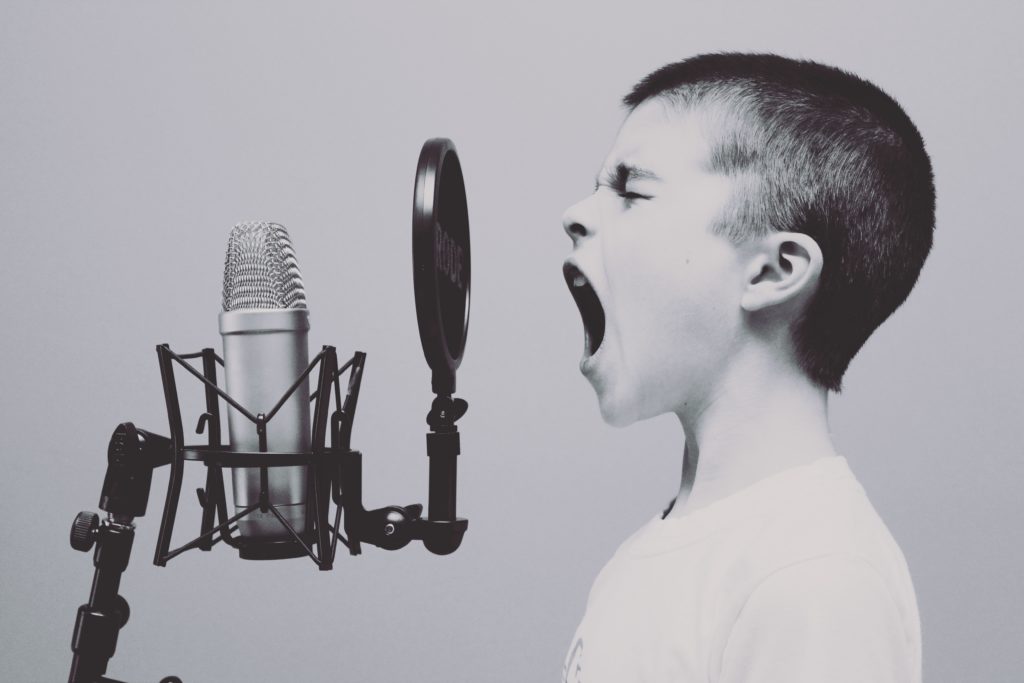Wood to Fire Transitions: From Where to When?

Stephen Cowan, MD, Director of Health & Education
This is the third in a six-part series on the Five Phase Journey through Adolescence.
As your child moves deeper into adolescence, you may notice their moods becoming more dramatic and volatile. Impatience is one of the hallmarks of the transition into the Fire Stage. When strong impulses arise, they can easily overwhelm your child. These represent the pulses of hormones surging through your child’s veins. Inwardly your child may be asking, “What’s happening to me?” and “When is it going to end?” as physical changes begin to manifest outwardly. Breast buds and pubic hair are only the beginning of the profound inward changes taking place. Children often cannot imagine that you could possibly know what they are experiencing. Urges to privately explore their own changing body open them to new feelings of sensuality. Children during the Fire stage are highly impressionable and easily influenced by outside opinions. Sudden shifts in emotion can drive impulsive cravings and risk-taking behavior. Advertisers take advantage of these impressionable young teens and the internet is awash with misinformation and dangerous predators.[i] Poor dietary habits can contribute to these intense mood swings. Junk food, excessive sugars, carbohydrates and the recent fad of stimulant drinks all feed these erratic behaviors, contributing to physical changes such as acne, obesity and blood sugar instability that enhance vicious cycles of emotional meltdowns and panic attacks.[ii]
Advice for parents:
- No matter how much drama is happening in the moment, try to keep the big picture in your mind and hold the image of your child as a true hero in your heart. This is the basis of unconditional love and it has the power to support your child especially when they are feeling ungrounded by the transition. Remember, the true hero faces challenges and that’s exactly what your child is doing.
- Expect and respect volatility in your teen. During dramatic episodes, there is a refractory period when reasoning with your child simply will not work. Give your child space and time to recover from mood shifts and then acknowledge their ability to recovery. This will empower rather than shame them.
- Don’t lose your sense of humor. Fire corresponds to the human comedy. Be able to laugh at yourself in order to laugh with your child not at them! This may be one of the best ways to diffuse the intensity of drama.
- Develop a vocabulary of shades of feelings e.g. angry level 1-2-3. Fire power reflects our whole range of feelings and emotions. The more shades of emotions you and your child can notice, the less overwhelming they become. As I always tell children, feelings are just the weather happening inside you. Even the strongest storm of emotion is guaranteed to change. This practice will come in handy in later stages of adolescence.
- Leave reading material in your child’s room that offers accurate information about the physical changes for them to explore on their own. [iii] Create opportunities to privately discuss what’s happening but don’t force your child to discuss things if they’re not ready. Follow their lead.
- Practice what you preach! Remember, developing healthy habits of eating, sleeping and media exposure begins with you.
[i] https://pediatrics.aappublications.org/content/138/5/e20162592
[ii] https://www.cdc.gov/nchs/data/databriefs/db213.htm
[iii] A good example of a book that treats sexual changes with humor and without shame is “It’s perfectly Normal: Changing Bodies, Growing up, Sex, and Sexual Healthy” by Robie Harris 2009.
